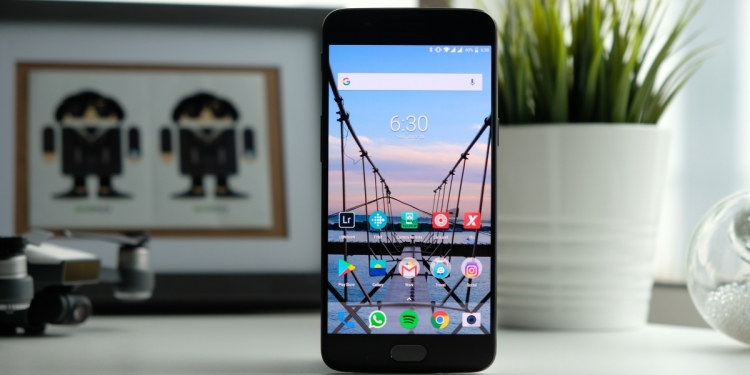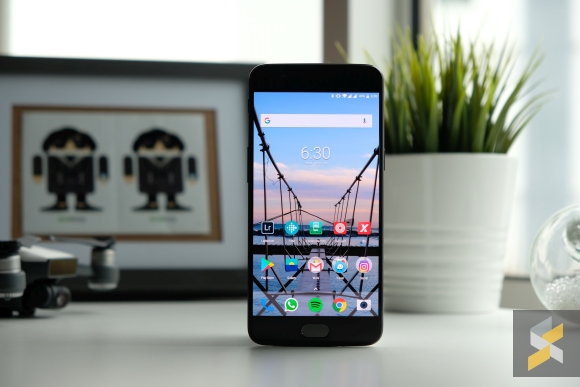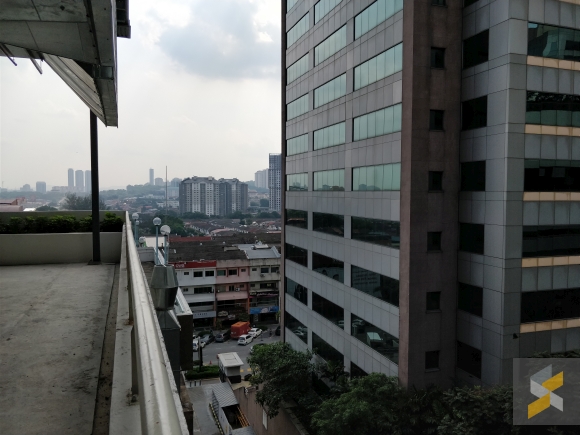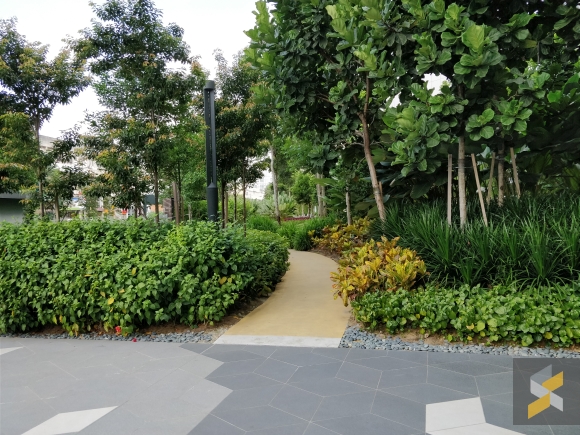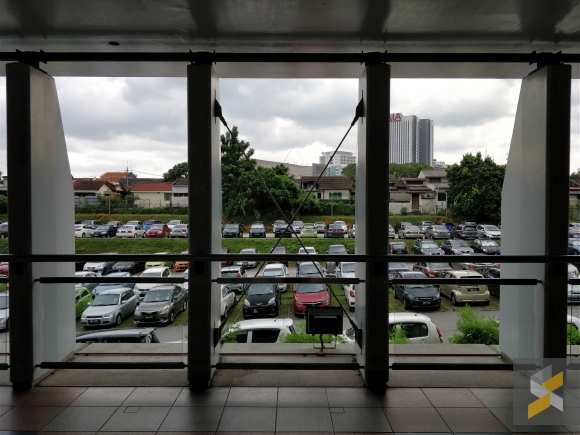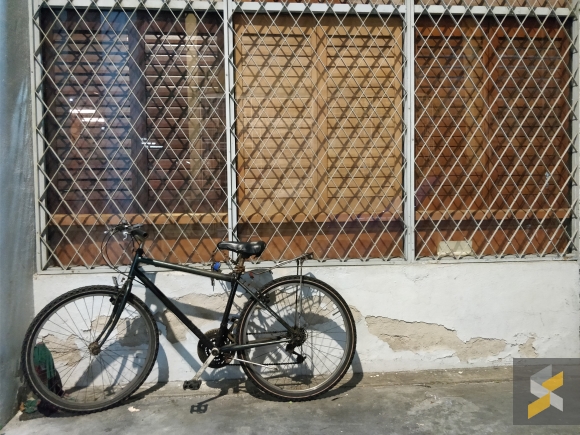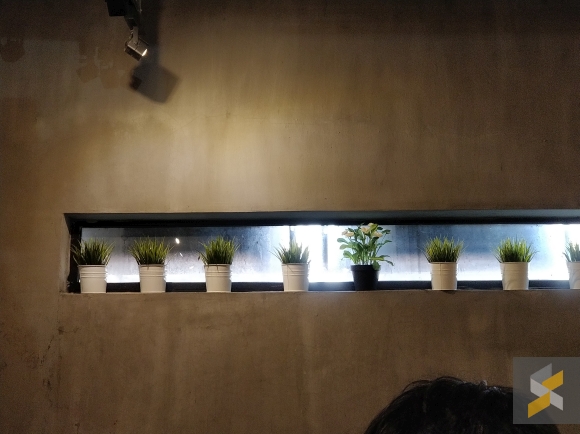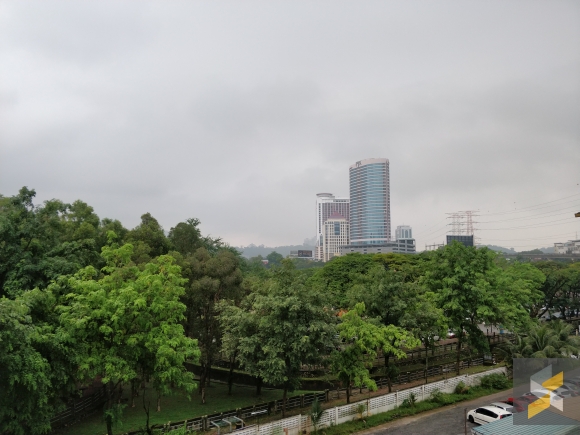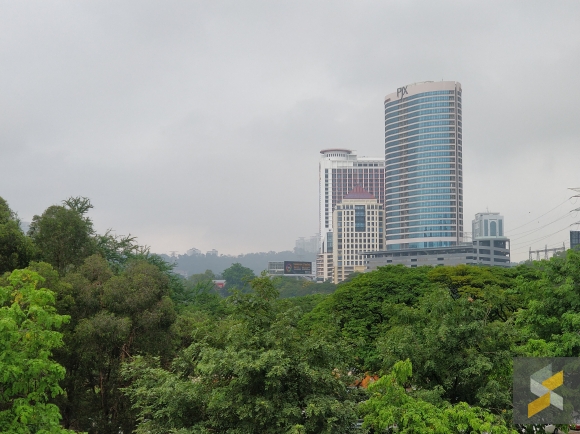Oh, man has the OnePlus 5 received a lot of hate. From benchmark cheating, all the way to sub-par camera performances that have led the public to call DxOMark’s credibility into question, OnePlus’ latest flagship hasn’t had the smoothest of launches.
But, while it’s easy to get caught up with all the hate, all the rage, and all the feelings of dissatisfaction surrounding this smartphone, a lot of people tend to forget one really, really important thing about this new flagship:
It’s a damn good smartphone.
Before you begin raising your pitchforks and lighting your torches, let me just say that I completely agree with you. OnePlus shouldn’t have done what they did. It was wrong and probably really stupid of them to cheat at benchmarks especially since they already had the best hardware money can buy.
However, I would also encourage you not to blame the son for the sins of the father. Yes, OnePlus did something really dumb and sketchy, but at the end of the day, all I care about is whether they made a good smartphone. And the OnePlus 5 is a great smartphone.
It is a few hundred bucks more expensive than its predecessor but I’d argue that the OnePlus 5 is also worth a few hundred bucks more than its predecessor. And the issues everyone has complained about since the launch? Well, I’m here to tell you that it really isn’t as bad as you think it is.
The Good+ Great performance and software |
The Bad– No water resistance |
[nextpage title=”Getting the fundamentals absolutely right”]
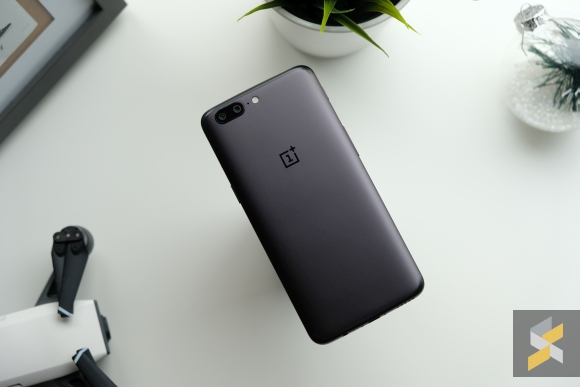
With all the “chatter” surrounding the OnePlus 5, I think it’s only fair that we begin this review by addressing some of them and we’ll start with the benchmark cheating.
For me, the uproar that followed the revelation that OnePlus had cheated in benchmark tests was rather surprising. I thought that we had progressed past solely relying on synthetic benchmark tests to judge the worth of a smartphone but judging from the flak I got for this article, it turns out I was wrong.
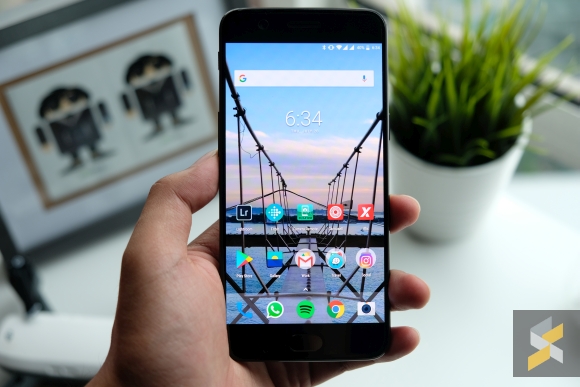
Or so I thought. Examining the outrage a little closer, I found that many weren’t so much upset with the results of the cheating, but rather they were pissed at the fact that OnePlus broke their trust. And that’s completely understandable.
I can’t begin to try and explain why OnePlus did what they did but I can tell you that the OnePlus 5 is definitely one of the best performing Android smartphones in the market right now. This model I have here features a Snapdragon 835 processor, 6GB of RAM and 64GB of UFS 2.1 storage. Last year, I said that the word “immediate” was designed to describe the OnePlus 3’s performance and that is still very much the case for the OnePlus 5.
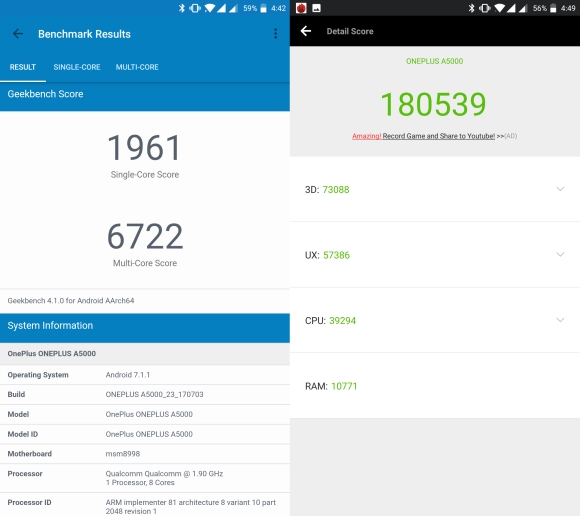
It’s ridiculously speedy. The OnePlus 5 doesn’t waste time with lengthy animations or “smoothness”. Everything happens immediately and that’s really awesome. Though, speediness isn’t the only thing OnePlus carried over to the 5. This new flagship also has the company’s excellent Oxygen OS UI built on top of Android 7.1.1 Nougat which is awesome for anyone who loves the stock Android experience.
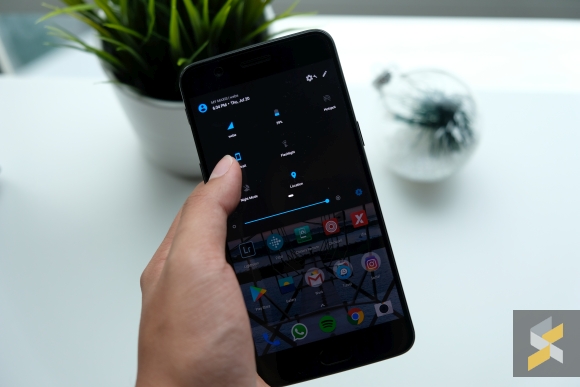
However, I really can’t talk about usability without also touching on the next big issue people have with the OnePlus 5 — the jelly scrolling effect.
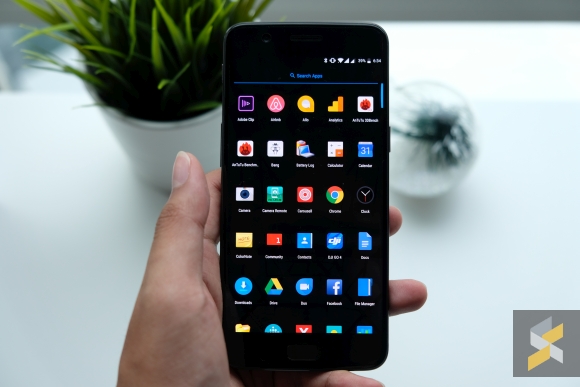
Apparently a byproduct of OnePlus mounting their screen upside down, the jelly scrolling effect is definitely something you can spot if you’re looking for it. However, when I handed the OnePlus 5 to my colleagues and friends who weren’t actively looking for the jelly effect, none of them noticed it until I started pointing it out to them. Even then, they didn’t feel that it was a really big problem and some even thought it was a nice animation. Although I don’t agree with it being a nice animation, I also don’t think that it’s really a big deal. It took my brain about three days to get used to and completely ignore it.
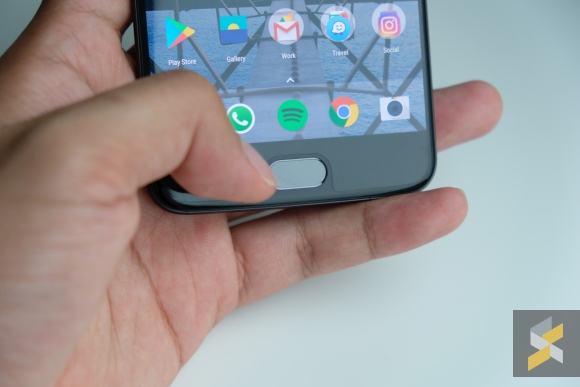
Performance, then, is as much a pro for the OnePlus 5 as it was for the phone it succeeds — not to mention the fact that its lightning quick fingerprint scanner also carries over. That said, last year’s speed and fluidity came at a cost: Battery life was abysmal. This time, I’m happy to report that the OnePlus 5 has pretty much fixed that problem.
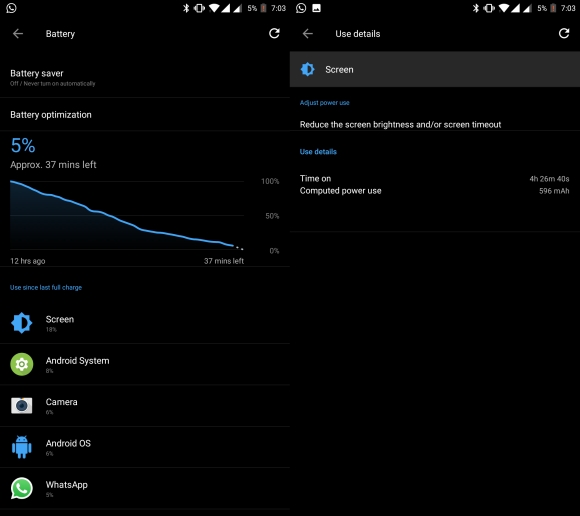
With this new device, I’m averaging just shy of four and half hours of screen on time (SOT) (moderate usage) with at least 12 hours on battery. That’s an hour and a half better SOT than my average with the OnePlus 3. If my usage gets a little heavier (lots of camera and navigation), that drops closer to four hours.
And the best part is that OnePlus did all that without compromising on charging speed. With Dash Charge, I managed to top up the OnePlus 5’s 3,300 mAh battery from 5% in about one and a half hours. 30 minutes on the plug gave me about a 60% charge.

But internals aren’t the only thing OnePlus improved with the 5. They also did an excellent job on the smartphone’s body. Its this nice sexy metal shell that’s curvy in all the right places for a really nice fit in the hand.
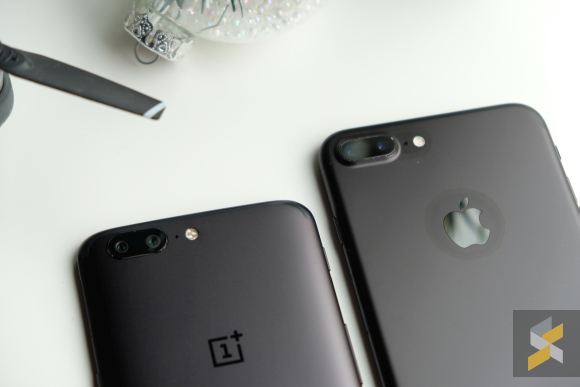
I will admit that when I first saw it in photos, I thought the phone looked exactly like an iPhone 7 Plus clone but when you see it in real life, it actually doesn’t bear that much of a resemblance. Of course, to the untrained eye, people are probably going to mistake it for an iPhone, but then again I’ve had people mistake the HTC 10 for an iPhone too.
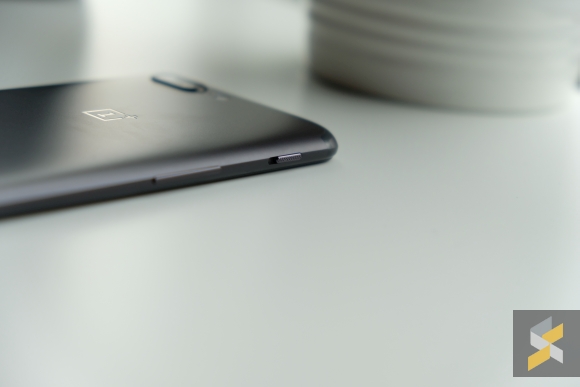
Personally, I like the design and feel of the phone. It feels like a step up from the 3 and 3T in terms of quality though the sleeker form does make this phone super slippery. I’d recommend getting a case or a skin for better grip.
Now, we’ll move on to the next “issue” with the OnePlus 5 — its camera. When the phone was launched, there was a lot of emphasis being placed on camera performance, and rightfully so, since the camera was always a big weakness with the phones that “Never Settle”.
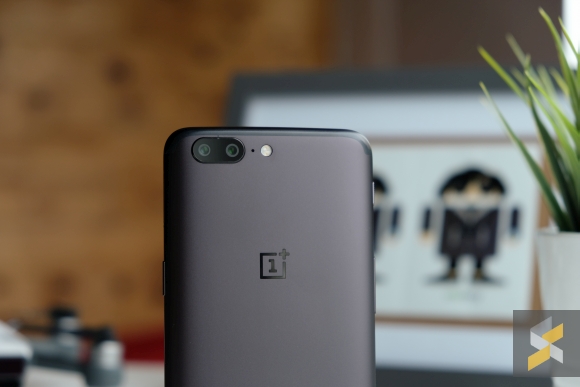
This time, OnePlus has built a fancy dual-camera system (the hardware from OPPO’s R11) that features a 16-megapixel f/1.7 aperture wide-angle camera with a 20-megapixel f/2.6 aperture telephoto shooter. They called it the highest resolution dual-camera system in a smartphone today, but is it the best?

Well, the short answer is “not really”. Compared to the juggernauts in the smartphone photography industry like Samsung’s Galaxy S8, the iPhone 7 Plus and the HTC U11, to name a few, I don’t feel that the OnePlus 5 can topple any one of them.

I will say this, though, the 5’s camera is definitely the best one I’ve ever used on a OnePlus flagship smartphone. Launching and snapping images was smooth and fast. Autofocusing was mostly accurate and snappy. And image quality is plenty good enough to post to your social feeds.
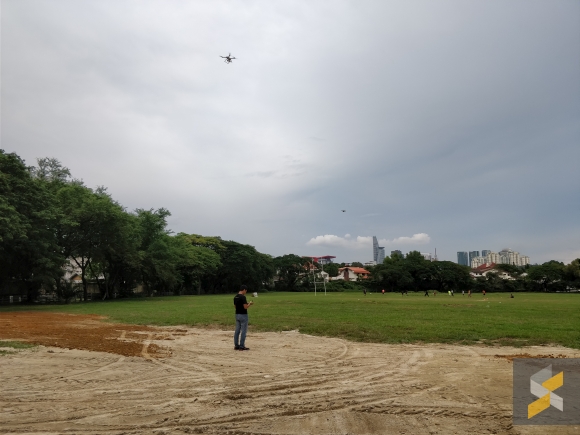
Throughout my review, I didn’t find myself wishing I had a better smartphone camera when I was shooting events and other daily things.

Low-light performance did leave some to be desired and the lack of OIS means you will have to hold still during dark scenes or you’ll end up with photos like these:
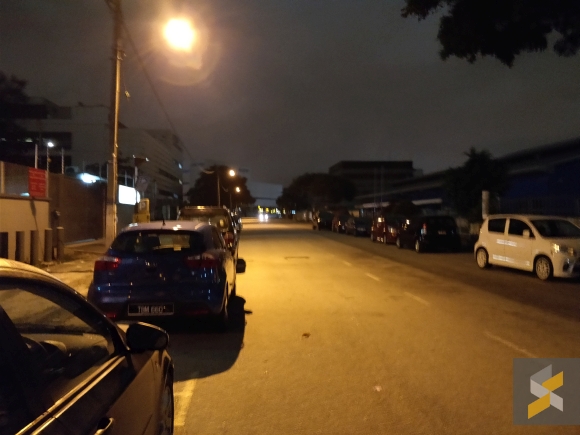
I also tested the OnePlus 5’s “Portrait” mode pretty extensively and I found that it produces usable images…most of the time. Sometimes it would just flat out refuse to detect a face (it doesn’t work in low light), or it would incorrectly blur sections of my subject for no apparent reason, but for the most part it works.

Yes, the bokeh doesn’t look particularly realistic. In fact, it looks really digital and not at all like it came out of a proper camera but then again no smartphone’s “bokeh effect” looks very realistic. Once I got over that fact, the portrait/depth-of-field mode actually became a lot of fun and photography is always better when it’s fun.

It adds a little pizzazz to spice up otherwise mundane photographs and I like that.
By now, I think I’ve addressed most of the “big concerns” surrounding the smartphone and what we’re left with is a handset that’s more than just “pretty good”. It’s actually a really cohesive flagship smartphone experience with the chops to rub shoulders with any of the big boys.
But, because of the way OnePlus is, as a company, they do have their hands tied when it comes to some of the other big features you might have seen on flagships bearing Samsung, Apple or LG’s badge.
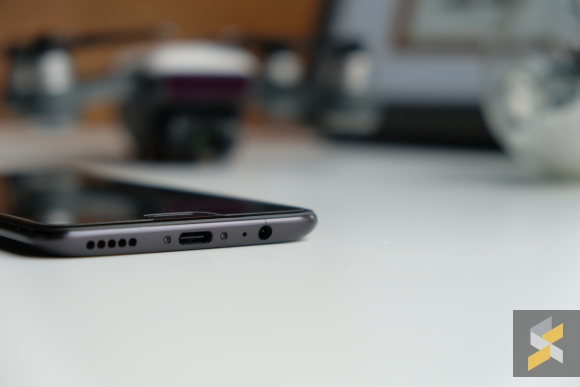
There is no eye-popping edge-to-edge 18.5:9 aspect ratio screen. There are no high-tech stereo speakers or squeezable sides. There is no MIL STD 810G durability resistance. And there is no water resistance of any kind — which to me, is the most inconvenient of them all.
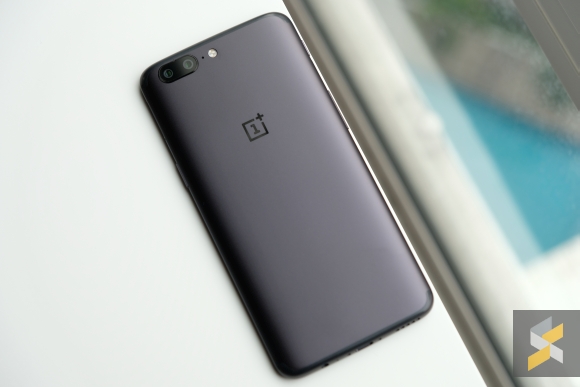
However, because of that, you can buy the OnePlus 5 for as low as RM2,388 for this 6GB RAM/64GB storage model in Slate Gray or get the RM2,688 8GB RAM/128GB storage variant. Yes, it’s more pricey than the OnePlus 3 and 3T but I think it’s has made enough of an improvement to justify it.
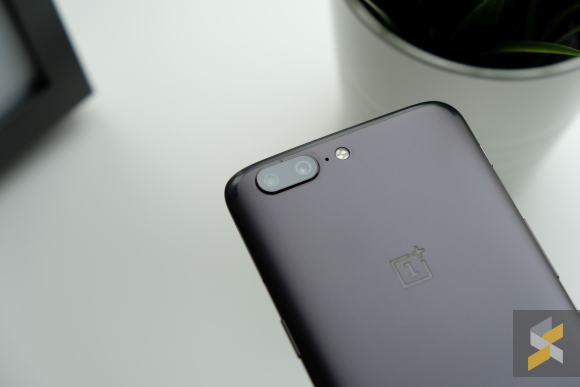
And I’m not just talking about the big stuff like its battery life, camera or specs, I also really loved the new vibration motor. On most phones, the vibration is too loud (not to mention it makes an ugly sound) yet not quite strong enough. On the OnePlus 5, it’s soft (almost muted) yet strong, which makes it the best one I’ve ever used.
I have thoroughly enjoyed my time with the OnePlus 5 and I will once again recommend a OnePlus phone to anyone looking for the best bang-for-your-buck Android flagship.
[nextpage title=”Gallery”]
Here are more photos captured with the OnePlus 5. Click on each image to view its full resolution.
Good lighting
Low light
The lack of OIS really hurt this shot:
This photo was taken with the telephoto camera that has an f/2.6 aperture lens:
Zooming
Zooming on the OnePlus 5 at 2X zoom is actually a combination of optical and digital zoom because the 20MP telephoto lens can only give you a zoom factor of 1.6X. OnePlus calls it “Lossless Zoom“, see for yourself if it’s really lossless.
No zoom
2X zoom
No zoom
2X zoom
No zoom
2X zoom
Bokeh mode
The photos you take with the depth effect on will be labelled “Bokeh”. I think the blurring is a little over aggressive and definitely doesn’t equal that of a full-fledged camera — you don’t get those gorgeous swirly balls from the aperture ring. However, it mostly works and can create a nice effect.
When you examine the EXIF data on the photos, however, you’ll find that it was shot on the wide-angle camera and not the telephoto. I suppose that isn’t too surprising because it doesn’t zoom in as much as the iPhone 7 Plus does. However, the angle is also not as flattering.
It also works on objects, you just need to tap to focus on your desired subject
Bonus selfie
The selfie cam is great by the way.

